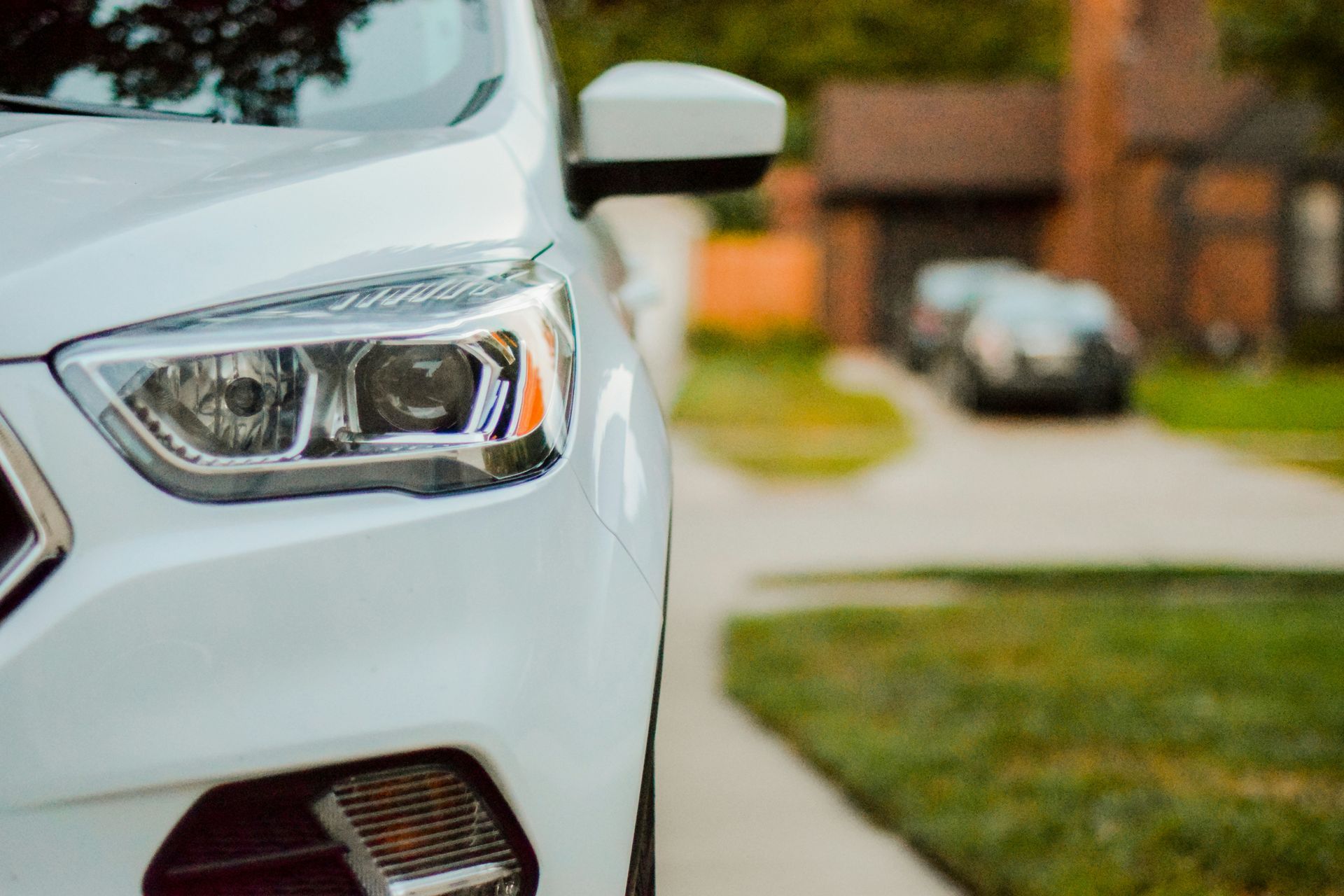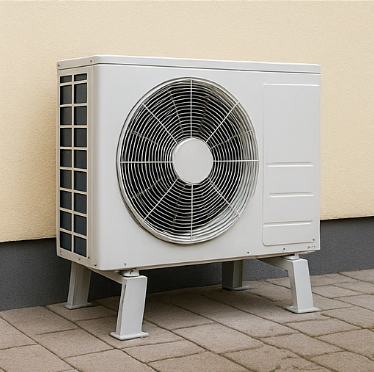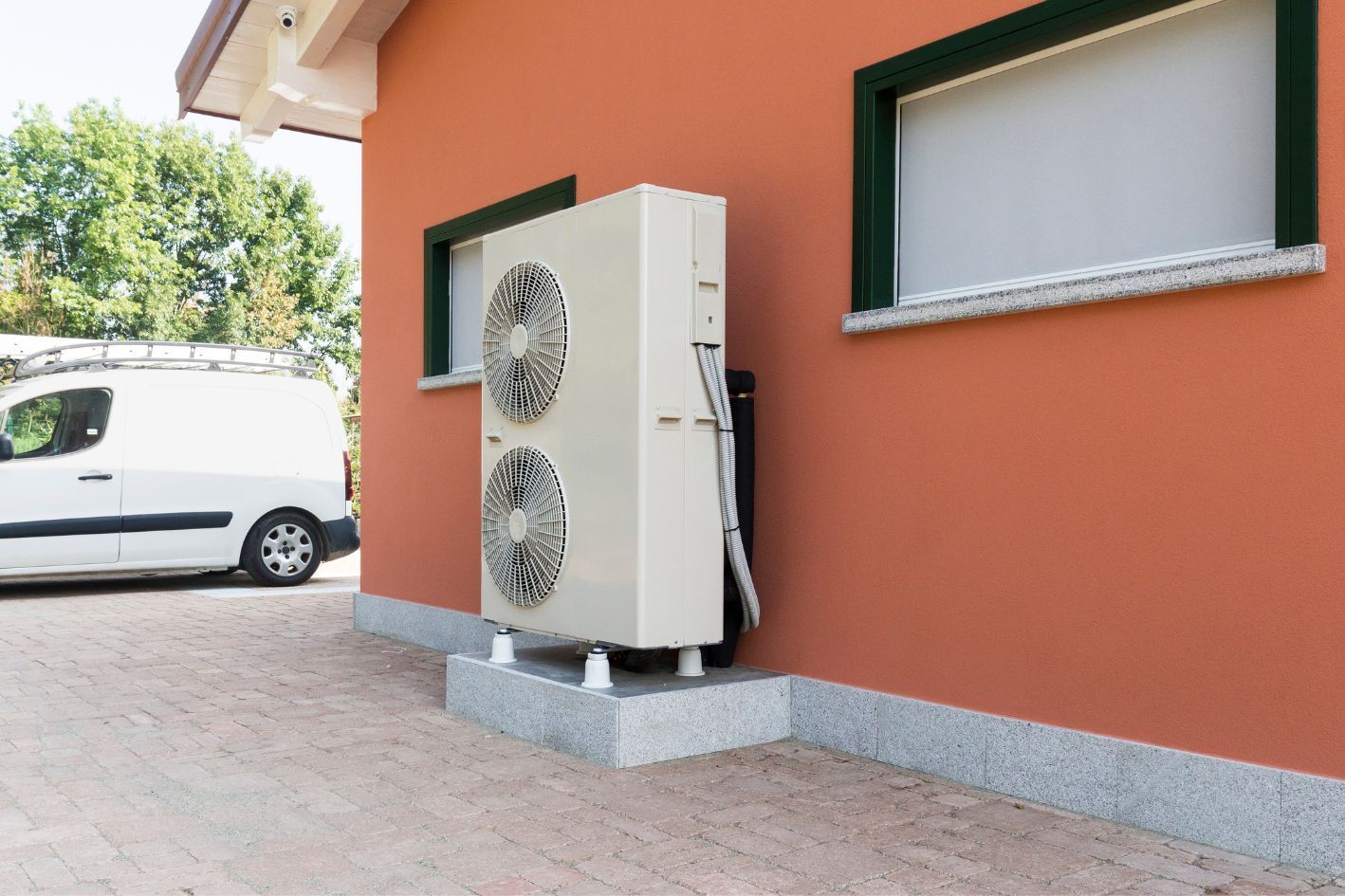Sky-High Efficiency: Implementing ASHPs in Tall Structures
As homeowners increasingly turn to energy-efficient heating solutions, air-source heat pumps have gained significant popularity. These systems offer an eco-friendly alternative to traditional heating methods, but a common question arises: How long can one expect an air source heat pump to last? Let's explore the typical lifespan of these systems and the factors that influence their longevity.
Average Lifespan of Air Source Heat Pumps
On average,
a well-maintained air source heat pump can serve a household for 10 to 15 years. However, this timeframe can vary based on several factors, including usage patterns, environmental conditions, and maintenance practices.
Factors Affecting Heat Pump Longevity
Climate and Usage
The climate in which your heat pump operates determines its lifespan. Systems in moderate climates typically last longer than those in extreme hot or cold environments. Heat pumps used year-round for heating and cooling may have shorter lifespans due to increased wear and tear.
Installation Quality
Proper installation is fundamental to the longevity of your air source heat pump. A system installed by experienced professionals is more likely to perform efficiently and last longer. Incorrect sizing or improper installation can lead to frequent cycling, putting unnecessary strain on the system.
Maintenance Practices
Regular maintenance is the most critical factor in extending the life of your heat pump. Annual professional inspections and routine tasks like filter changes and coil cleaning can significantly improve the system's efficiency and lifespan.
Signs It's Time for a Replacement
As your
air source heat pump ages, you may notice signs indicating it's nearing the end of its useful life. These can include increased energy bills, frequent repairs, inconsistent heating or cooling, and unusual noises during operation.
Maximising Your Heat Pump's Lifespan
To get the most out of your
air source heat pump, it's essential to implement proper care strategies. Regular professional maintenance is crucial, as it helps identify and address potential issues before they become significant problems. Cleaning or replacing filters on a consistent schedule is another key aspect of maintenance that homeowners can easily manage. Keeping the outdoor unit clear of debris ensures optimal airflow and prevents unnecessary strain on the system. Lastly, addressing minor issues promptly can prevent them from escalating into significant breakdowns, thereby extending the overall lifespan of your heat pump.
By understanding the factors that influence the lifespan of
air source heat pumps and implementing these care strategies, homeowners can ensure their systems provide efficient, reliable service for many years. While the initial investment in a quality heat pump may be substantial, the long-term benefits of energy savings and home comfort make it a worthwhile choice for many households.












